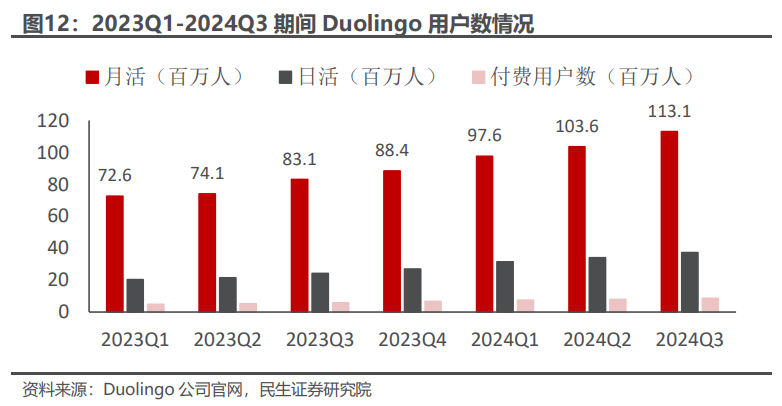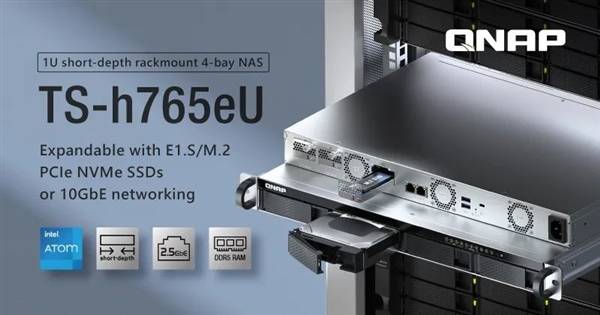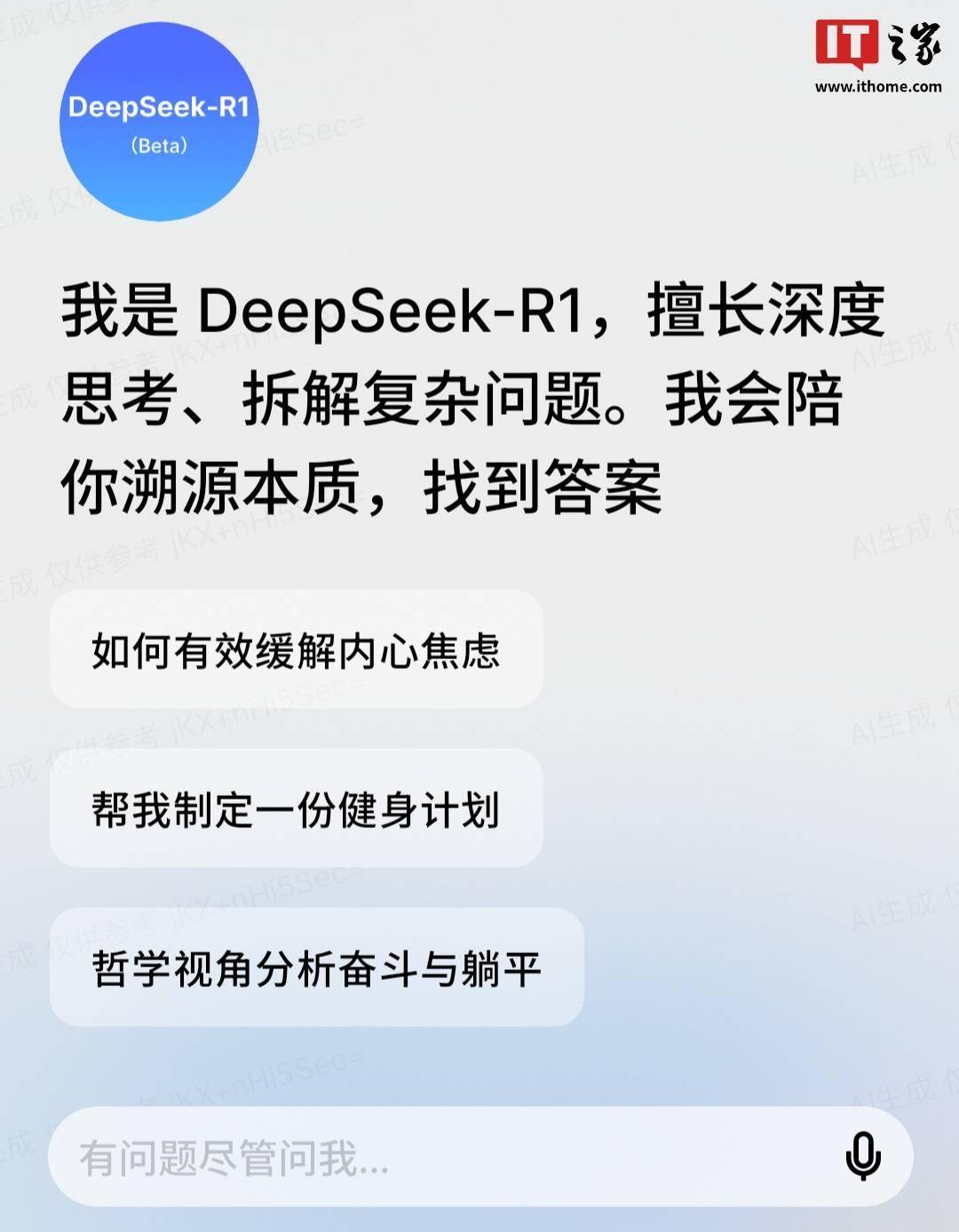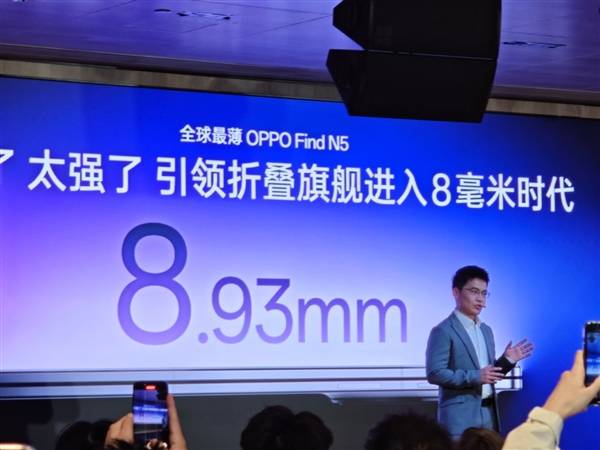TMTPOST -- OpenAI CEO Sam Altman insists massive investments in artificial intelligence (AI) infrastructure are imperative despite the surge of Chinese startup DeepSeek that offers highly efficient models for free.

Credit:Pixabay
Altman highlighted the need of continuous investment in AI infrastructure and felt even a project like Stargate seems not so big in the coming years. He expected there would be projects with capital commitment that dwarfs Stargate, maybe an investment of $5 trillion in just a compute cluster. "It [Stargate] sounds crazy big now, but I bet it once on that big in a few years and if we get to do this again much I hope we do. You'll be like you're raising $5 trillion for a cluster," Altman spoke with The Times Tech Podcast earlier this week.
The AI bills of U.S. tech companies are hefty these years and there is no signs that it will decelerate. Four giants expected these days they would spend a cumulative nearly $300 billion in AI this year even though DeepSeek’s sudden rise rattled markets with its open-source AI models, which deliver performance comparable to leading offerings like OpenAI’s at a fraction of the cost. Microsoft Corporation, Google parent Alphabet Inc., Amazon.com. Inc., and meta Platforms, Inc. will invest around $80 billion, $75 billion, more than $75 billion and up to $65 billion in 2025, respectively, much more than Wall Street estimates.
Altman sees the huge spending in AI infrastructure will keep going but expects “there’ll be some booms and busts along the way”. The OpenAI boss not only has ambitious goal of AI infrastructure buildout in the United States but that in Europe as he welcomes a European Stargate-clone. “I would love to do a Stargate Europe, ” Altmans said in The Times Tech Podcast.” I have had some conversations about that last week.”
In a blog discussing the economics of AI on Sunday, Altman observed that the intelligence of an AI model is roughly proportional to the logarithm of the resources, mainly including training compute, data and inference compute, used to train and run it. That implies AI systems will delivery predictable and steady performance gains as long as significant investments in training compute, data and inference compute continues. He stressed “we see no reason for exponentially increasing investment to stop in the near future” for the socioeconomic value of increasing intelligence is super-exponential in nature.
U.S. President Donald Trump announced on January 28 Stargate, co-founded by OpenAI, SoftBank Group Corp., and Oracle Corporation, plans to input a total of up to $500 million with initial investment of $100 billion in AI projects, and is expected to create “over 100,000 American jobs almost immediately.”
“We’re starting off with tremendous investment coming into our country at levels that nobody’s really ever seen before,” Trump said in in a White House briefing. He added Stargate will build “the physical and virtual infrastructure to power the next generation of AI,” including data centers.
Stargate intends to invest $500 billion over the next four years building new AI infrastructure for OpenAI in the United States, backed by SoftBank, OpenAI, Oracle and Abu Dhabi-based tech investment firm MGX as initial equity funders, OpenAI said in a statement.
SoftBank and OpenAI are the lead partners for Stargate, with the former having financial responsibility and the later having operational responsibility, and Son will be the venture’s chairman, according to the statement. It said Arm Holdings Plc., Microsoft Coporation, Nvidia Corporation, Oracle, and OpenAI are the key initial technology partners.
OpenAI was reported late January to be in talks to raise up to $40 billion in a new funding round at a valuation as much as $340 billion. OpenAI anticipates to use part of the funding, led by SoftBank, for its money-losing business operations, and part of the cash would be used to help the ChatGPT-maker fulfill its around $18 billion commitment to Stargate, The Wall Street Journal reported.










 京公网安备 11011402013531号
京公网安备 11011402013531号